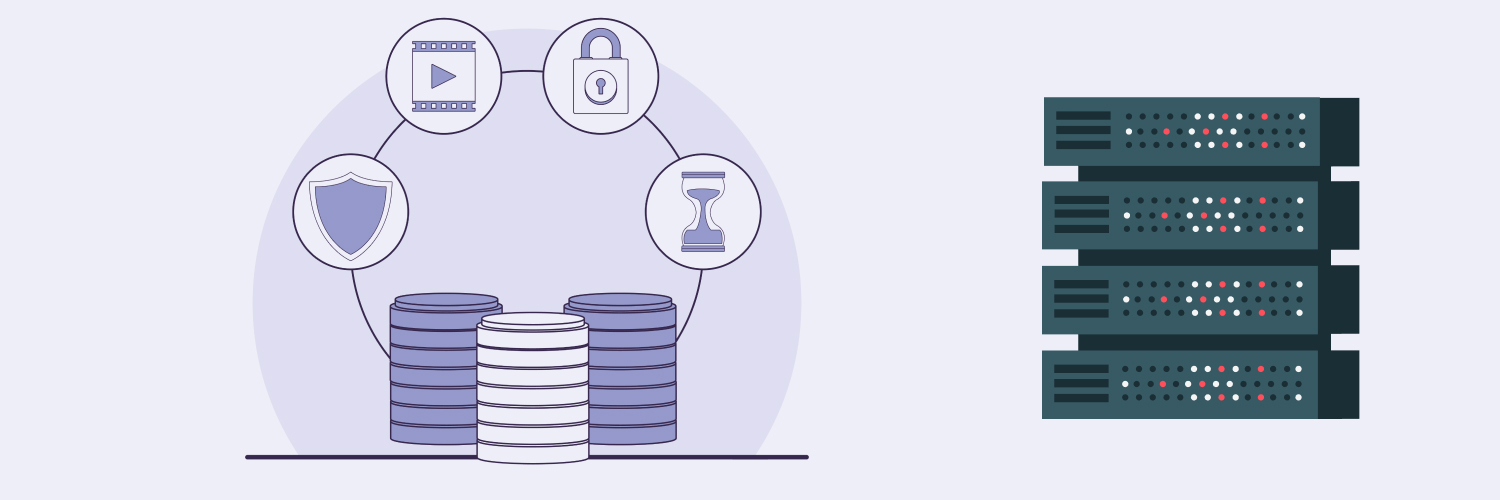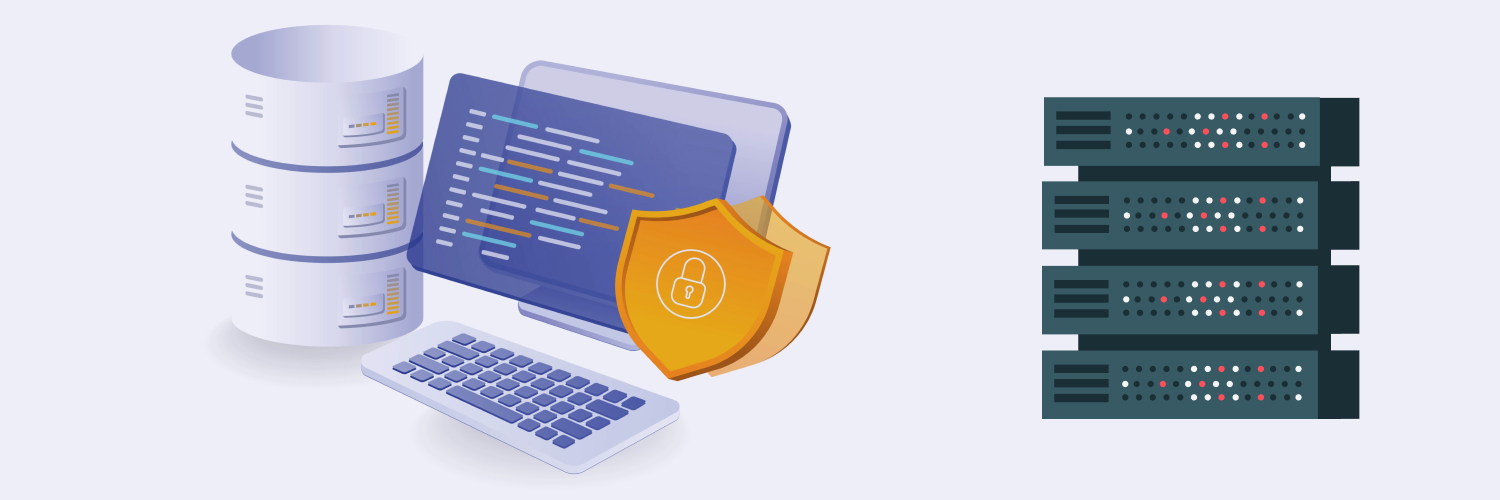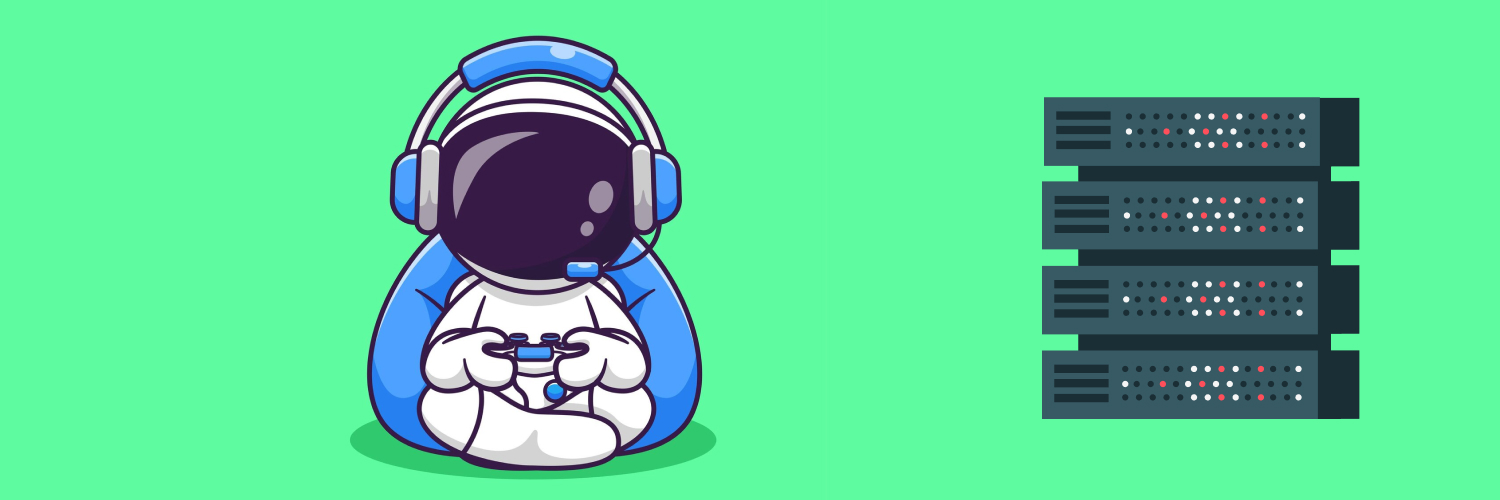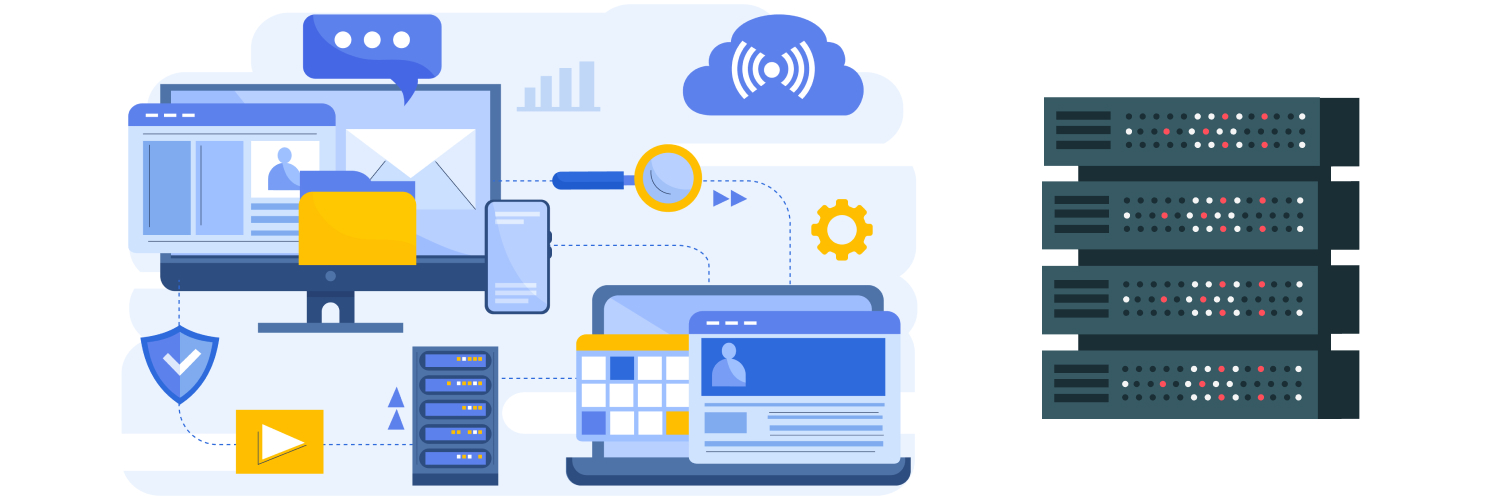What is Destiny 2 Proxy? Destiny 2 Lore Proxies Defined
If you are a gamer looking to improve your game experience, a Destiny 2 proxy may be a critical investment for you. Destiny 2 gamers can enhance the quality of their gaming experience by quickly and easily using a proxy service. That means that the proxy replaces your IP address with their own while you play the game. When you use a Destin 2 proxy like this, it reroutes traffic through their servers and changes up the gaming experience for you.
Why Destiny 2 and the Use of Proxies When Playing?

Destiny 2 is a popular multi-player shooter game noted for its constant evolution and new game play options. It’s popularity since being released in 2017 by Activision has continued to grow thanks to the numerous updates, expansions, and new story content that continues to be added to enhance player experience.
Users can access it through Windows, Xbox, and PlayStation platforms. Once they do, they’re immersed in a role-playing virtual environment with the mission of protecting the planet from alien races who aim to take over it. That alien race, known as Red Legion, challenges the guardians (players) in the game to protect the planet and maintain human civilization.
Those playing the game must wander the map to find missions, complete them, and achieve various milestones. Player versus player mode provides up to 12 players in two teams, involving intense game play, private games, and layers of activities. There are also fractions, notably War Cult, Dead Orbit, and New Monarchy that are easily joined by these guardian.
Considering the intensity and depth of this game, using a Destiny 2 proxy can be a critical tool to help you navigate the game to the best experience possible. You can find Destin 2 lore proxies actually make the game a bit more interesting.
Is It Necessary to Use a Destiny 2 Proxy Detonation?

Do you absolutely have to have a Destiny 2 proxy? No. However, most players will tell you that it’s a necessary investment for the truly best overall experience. There are multiple reasons for this.
The first reason is the enhanced speed that using proxies can provide to you. In modern games like this, the faster you can move and act, the directly impacted the game is. Just a fraction of a second can make a huge difference and allow another team to take the match. It is not uncommon, unfortunately, to lose a match in the game but doing so when it is brought on by lagging internet is truly defeating – and annoying. The use of a proxy can help with this.
When you use Destiny 2 proxies, it eliminates the lag that often occurs due to one of the nodes that operate between your console or PC becoming unresponsive. When this happens, that node cannot transmit the traffic without some level of delay. The proxy isn’t in the same location, which means there are fewer nodes your game data needs to pass through to get to the server.
Another key benefit to seeking out Destiny 2 proxy destination options is because of bandwidth throttling. There are many times when the intensity of a game like Destiny 2 is going to lead to your ISP limits being met. That means that the ISP will limit the amount of bandwidth available to reduce consumption. The proxy helps you avoid this completely. It changes up your IP address to a new one, alleviating the underlying problem.
Should You Use a VPN or a Proxy for Destiny 2?

One of the questions many ask while they are looking for options to speed up and improve gameplay is whether a VPN is a better option than one of the Destiny 2 lore proxies. It’s not.
A VPN is similar in the way it works. However, this game requires speed, and as a result, a proxy is a better option. Proxies are significantly faster than the use of a VPN. That’s because the goal of using a VPN is to enhance the overall security of the transmission rather than improve speed.
VPNs utilize complicated encryption methods to protect data and hide user information. That’s important, but it makes your data travel through more complex paths, and ultimately, that leads to slowed results. This defeats the benefit of using Destiny 2 proxies to enhance game play.
What Type of Destiny 2 Proxies Should You Use?

You’ll find plenty of examples out there, but a few key things to think about before you move forward in selecting any.
There are two proxy servers most commonly used. This includes Datacenter and residential proxies. These are used for most types of gaming needs. Both have good and less desirable options, and it is worth considering both.
Datacenter Destiny 2 proxies
Datacenter proxies are a common option because they tend to be less expensive overall. Most of the time, you also get unlimited bandwidth (and if you are coming from an ISP-limiting bandwidth, this is often a priority). These are good features for most gamers. The drawback to data centers is that they are less reliable than others. This means there is a higher chance that you will be detected. For many, that’s too much risk to consider.
Residential Destiny 2 proxies
The second common option is the use of residential proxies. You will pay more for this option. What makes them different is that they are more authentic. That is due to the setup of the proxy, which, unlike others, is established in real devices with ISP internet connections. Ultimately, this means there is no way for anyone to tell the difference between residential proxies and others. You do not stand out as a proxy player.
How Does a Destiny 2 Proxy Work?

You’ll see a lot of options out there – such as Destiny 2 proxy grenades direct impact or terms like Destiny 2 proxy detonation out there. These terms do not refer to the web proxies we are mentioning here but rather proximity grenades that are utilized in the game.
So, why do you actually need a Destiny 2 proxy? Consider what a proxy is.
It’s not just used in games but also in network security. Proxies become necessary as a way to protect your gameplay from external threats. A web proxy, for example, works to filter the connection between your computer or gaming system from the internet. By creating this filter, it’s hard for anyone to see who you are or know what you are doing.
When you want to navigate a website (of any type) and you do not want the end location to know where you are coming from, or you do not want the website to automatically link to your in-home IP address, a proxy works well.
Another factor important to many people is privacy. While we often talk about the benefits of Destiny 2 proxies from the game quality standpoint, they are also critical to protecting your private information. You want to safeguard anyone from seeing your actual IP address (and unfortunately, it is rather easy for those playing a game like Destiny 2 to track down that information.
With a proxy, it’s far more challenging for anyone to know who you are or where you are coming from when playing the game. It minimizes data risks and helps to give you the anonymity you deserve and need.
Which Is the Best Type of Proxy for Destiny 2?

The best overall option is to use residential Destiny 2 proxies. Residential proxies are ideal for intense gameplay like this for many reasons. As noted, they are more reliable, which means you are less likely to get booted or uncovered in the game. They are also much harder to detect overall.
Also note that while they may be slightly slower, they are not notably slower. That means that you are going to be able to interact with the game in the way you have been, with better outcomes. There is no laggy when using residential proxies, no stuttering, and no restrictions on specific areas – the lack of geo-restrictions is often highly beneficial to many players who have been unable to access their game and desired modes previously.
Utilizing Destiny 2 Proxies

You have plenty of options when it comes to setting up your gameplay and choosing your mission. If you are not using a Destiny 2 proxy just yet, now is the perfect time to do so to improve your gameplay (you’ll notice it nearly immediately) and to get the type of results you desire.
The information contained within this article, including information posted by official staff, guest-submitted material, message board postings, or other third-party material is presented solely for the purposes of education and furtherance of the knowledge of the reader. All trademarks used in this publication are hereby acknowledged as the property of their respective owners.




